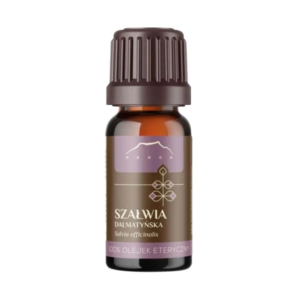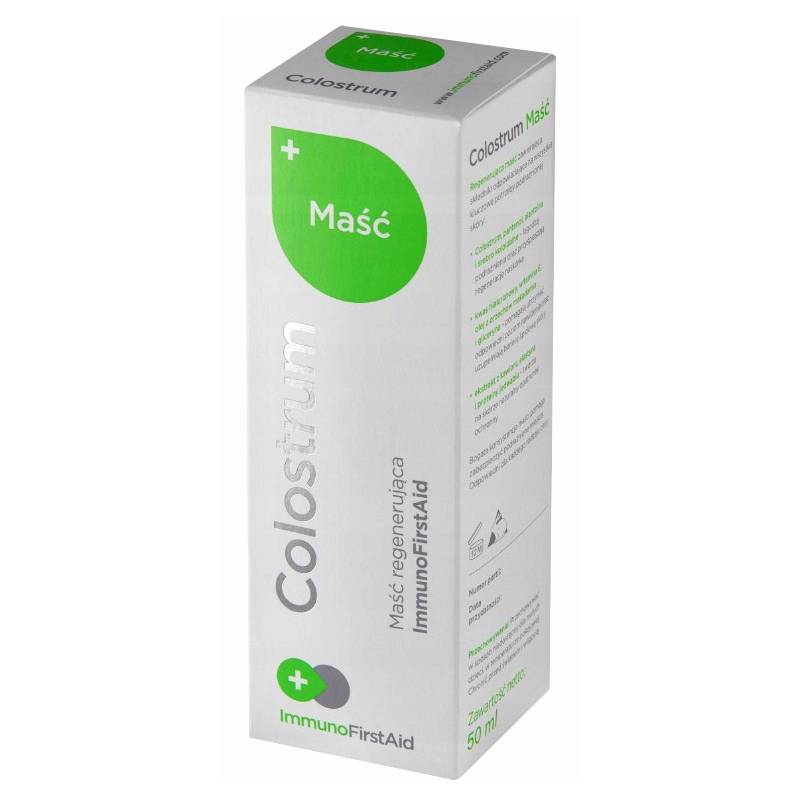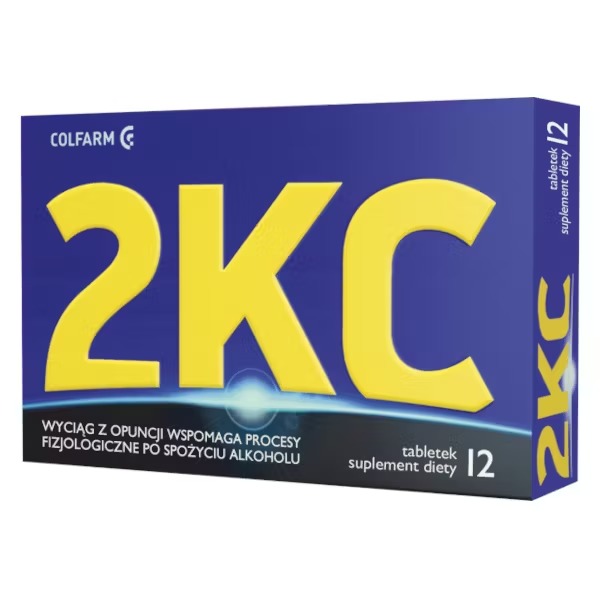NANGA
100% essential oil
White camphor
10ml
Camphor oil white 100% essential Nanga (Cinnamomum camphora)
White camphor oil is produced by fractional distillation from the wood of the camphor tree (Cinnamomum camphora), which occurs naturally in India, China, and South Korea. The camphor tree is an important medicinal plant there; it is also valued for its wood, which is used to make furniture. In addition, the species Cinnamomum camphora has been an integral part of the local culture and religion for thousands of years. It occurs in five chemotypes – borneol, nerolidol, camphor, 1,8-cineole, and linalool; essential oils from the last three are commercially available.
In traditional medicine, various parts of the plant (leaves, stems and fruits) were used to prepare preparations such as oils, ointments and extracts with antifungal, anti-inflammatory and analgesic properties.
The process of creating camphor oil is different from other oils. Camphor oil is separated into four different “essential oils” by fractional distillation, after the crude camphor crystals have been removed by filtration. The fractions are known as white camphor oil (light fraction), brown (medium fraction), yellow (also medium fraction), and blue (heavy fraction).
Only white camphor oil should be used in aromatherapy! It should not be confused with the popular “camphor oil” in pharmacies, which is actually pure camphor dissolved in oil (e.g. rapeseed). There is not much of this camphor in white camphor oil, usually about 2%.
Our offer also includes natural camphor (a crystalline substance isolated from the camphor tree) and essential oil from the camphor tree of the linalool chemotype, or otherwise known as essential oil from the Ho tree.
FEATURES:
- antibacterial
- antifungal
- anti-inflammatory
- expectorant
- antirheumatic
APPLICATION
- Massage and bathing with the addition of camphor oil have anti-inflammatory effects and soothe joint and muscle pain. In addition, they support the treatment of parasitic skin infections.
- Used in a warm compress, it counteracts rheumatic pain.
- For aromatizing rooms – disinfects the air and repels insects.
- When used in inhalation, it supports the body during infections. It is effective during coughs, bronchitis, colds and sinus problems.
HOW TO USE
- Air aromatization – add a few drops to the water in an ultrasonic diffuser and enjoy the refreshing scent of camphor oil.
- Anti-inflammatory/anti-rheumatic massage – add 10-15 drops to 30 ml of base oil (e.g. sweet almond) and mix. Store the massage oil in a dark glass, it will be enough for several treatments.
- Bath – dissolve max. 10 drops of oil in a tablespoon of carrier oil, then add to a water-filled bathtub. Immerse yourself in the water for at least 20 minutes. Do not use detergents (it is best to take a shower before bathing with oils).
- Hot compress – add a few drops of oil to a bowl of warm water, mix everything together, then moisten a towel or cotton cloth in water and apply to the painful area. To enhance the anti-rheumatic effect, it is worth combining with e.g. coriander oil or rosemary oil.
- Inhalation – add 3 – 4 drops of oil to a bowl of hot water, inhale covered with a towel with your eyes closed.
COMPOSITION
Cinnamon Camphor Essential Oil 100%. No additives. Top quality!
TRIVIA
Camphor trees are highly valued in Asia, both economically and culturally. Among the natural monuments on the Korean island of Jeju is the camphor tree, valued for its medicinal properties and high cultural value. In Hinduism, camphor cinnamon is used in rituals and wedding ceremonies.
COMBINES WELL WITH
lavender, basil, eucalyptus, clove, rosemary, elemi, premium olibanum, peppermint, ravensara, tea tree and atlas cedar oils.
WARNINGS
Use only diluted. Avoid contact with eyes, inner ear and sensitive areas. Should not be used by nursing women, pregnant women or children. For external use only.
PLANT CHARACTERISTICS
Cinnamomum camphora is an evergreen deciduous tree in the Lauraceae family, native to India, China, and South Korea. Camphor trees can grow up to 40 m tall and 3 m in diameter; they usually grow at 900-2500 m above sea level. Their bark is brown or yellowish; the leaves are leathery, shiny, ovate or elliptical, up to 10 cm long. The flowers are small, inconspicuous, whitish; they produce a spherical, navy-black fruit with fragrant flesh. Cinnamomum camphora is a long-lived species, living up to 1000 years.
TECHNICAL INFORMATION
Country of origin: China
Method of obtaining fractional distillation
Part of the plant used: wood
Color from transparent to light yellow
Intense, fresh scent
The consistency is thin
Flash point 46 °C
Relative density 0.879 g/ml
Allergens limonene max. 35.3%
BIBLIOGRAPHY
1. R. Tisserand, R. Young, Essential Oil Safety: A Guide for Health Care Professionals, 2nd edition, 2014
2. VA Worwood, The complete book of essential oils and aromatherapy, New World Library, 2016
3. Sang-Hwan Lee et al., Phytochemistry and Applications of Cinnamomum camphora Essential Oils, Molecules 2022, 27, 2695
4. https://pl.wikipedia.org/wiki/Cynamonowiec_kamforowy
- Country of origin: China
- Aroma: fresh, intense
- Application: room aromatization, inhalation during upper respiratory tract infections, as a natural repellent, anti-rheumatic compresses, massages soothing muscle and joint pain, skin care for fungal and bacterial infections.
- Warnings: for external use, use diluted, avoid contact with eyes and inner ear






































Reviews
Clear filtersThere are no reviews yet.